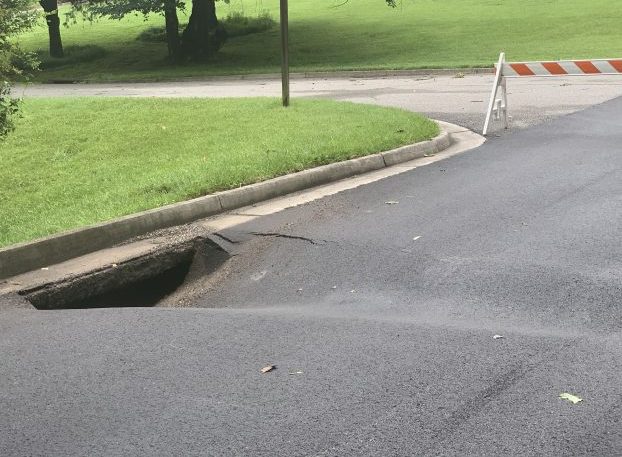Keeping communication open
Published 12:49 pm Wednesday, February 20, 2019
The follow-up to a Sunday, Jan. 27 incident at Longwood Village, an off-campus student housing community located off South Main Street, which involved a suspect found to be carrying a weapon and looking for a resident, later determined by officers to not present an imminent threat due to the suspect leaving town, resulted in a town hall at the university and a call by students and administrators to take a unified approach to how the university communicates emergencies to students and the community.
A number of perspectives were represented at the meeting.
Police and university representatives said they need time to conduct investigations. It may be irresponsible for police to warn students or community members before a full and thorough investigation is conducted.
Trending
However, if police do have a full scope of the circumstances, even if it does not present an immediate threat, students asked that they be alerted sooner in future situations.
Administrators acknowledged that they may have missed the mark in terms of communicating the incident to students the next day, Jan. 28.
Due to the close proximity of Longwood Village to retail locations in town, such as Sheetz, it’s important to prioritize safety for the community.
We appreciate the investigation performed by Longwood University Police Department and the support provided by other police departments in the area. The representatives communicated that they have the students’ best safety and interest in mind.
Living in a world where mass shootings are far from uncommon, where young adults and teachers are more attuned than ever to the threat of incidents such as Virginia Tech, it’s not unreasonable of a request that the university’s policies toward emergency communication be fully understood. While students acknowledged that the suspect had left town prior to police responding, they asked that they be notified sooner for future emergencies in case they need to take steps to ensure their safety.
The university’s communicators are often not only communicating for the university’s police department, but also for other agencies involved in similar cases.
Trending
These agencies have their own procedures that the university must honor in order for the agencies to effectively perform their investigations.
There’s also the balance the university would need to strike for the alerts to reflect the severity of the threats. If alerts are sent too frequently, they could lose their sense of importance.
We at The Herald commend the work that police, students and administration are taking to collaborate, to fully understand each perspective, and to create solutions that help students and the wider community. It won’t happen overnight. But we encourage each party to keep the doors of communication open and to put the ideas discussed at the meeting into practice.





